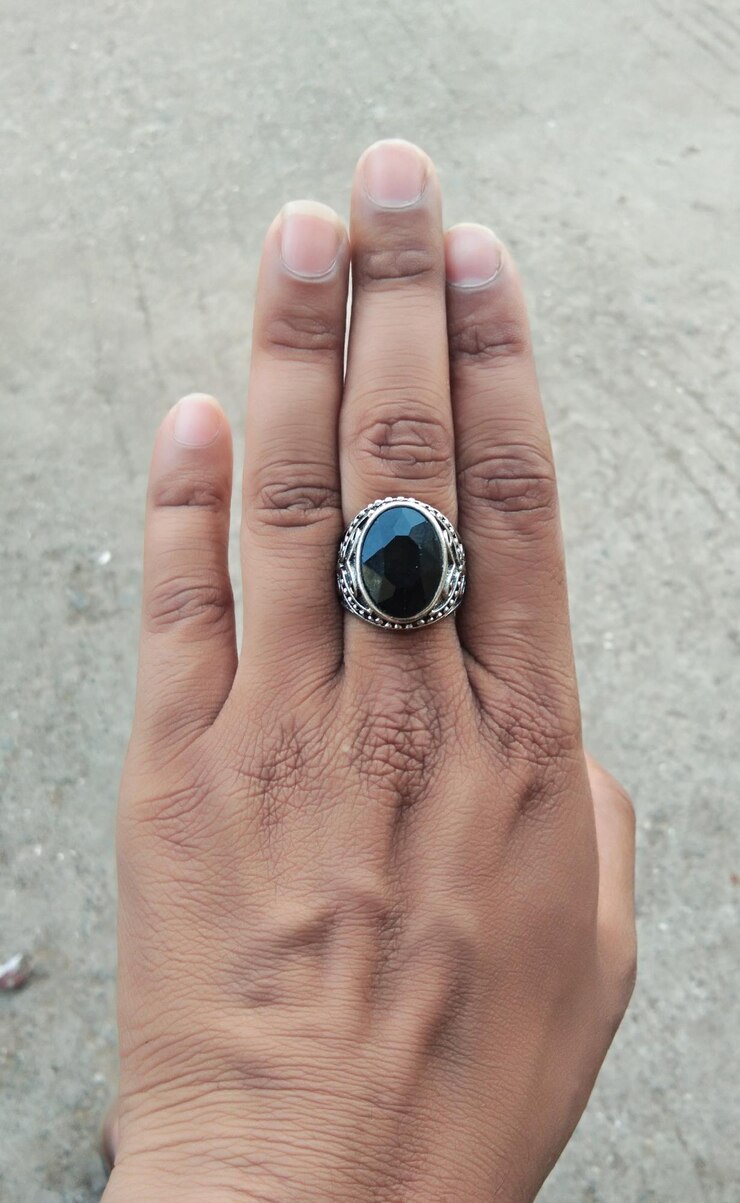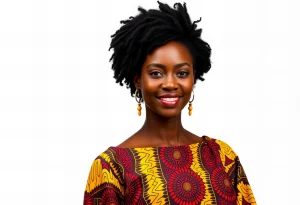
“Apana Cheza na Mimi” Mueni Narrates Shocking Tricks That Made Her Story Go Viral on TV After Her Release From Jail
Nairobi, Kenya viewers were left stunned when a woman who had just been released from Lang’ata Women’s jail appeared on national television with a story so compelling that it went viral overnight.
Thank you for reading this post, don't forget to subscribe!Dressed in a bright yellow kitenge and a beaded necklace, she declared, “Apana cheza na mimi,” before launching into a fiery narrative that quickly caught the attention of both local and international media.
The woman, now known by many as “Mueni the Survivor,” gave details of her unfair arrest, a dramatic courtroom scene, and her emotional time behind bars. But what most people didn’t know was that Mueni had orchestrated her moment in the spotlight with careful precision.
She used a mix of strategy, timing, and secrets she now boldly confesses made the difference between being forgotten and being famous. Mueni’s interview racked up thousands of views within hours, leading to radio invites, social media deals, and even NGO offers.
But how did she manage to turn a jail sentence into national fame? In her own words, here is how it all unfolded. You want the truth? Let me tell you straight. Prison didn’t break me it woke me up.

I was tired of being a nobody, tired of watching people with fewer struggles rise to fame while I was drowning in debt, betrayal, and regret. So the day I was sentenced to six months for “obtaining money by false pretenses,” I made myself a promise. When I get out, the whole of Kenya will know who Mueni is.
My plan didn’t start the day I left jail. It started two weeks before my release. I began preparing myself mentally, emotionally, even spiritually. I knew I couldn’t just come out crying and hoping someone would pity me. No. I needed a story so powerful, it would punch the country right in the gut. So I started shaping the narrative.
The first step? Drama. Real, raw drama. I wrote letters from prison, emotional ones, telling my story—not as a criminal, but as a victim of betrayal. I described how my baby daddy framed me, how his new woman used my ID to take a loan, and how I ended up behind bars because I trusted too easily. Of course, not every detail was true, but who was going to check?
I made sure the letters reached the right hands a few journalists I knew, some influencers I had DM’d before I was arrested, and even a TV intern who used to come interview inmates for a human rights show. I told them, “When I come out, I have a story that will shake the nation.”

But even with all that, I knew words weren’t enough. I needed something spiritual, something stronger than just guts. So, while still inside, I reached out to someone I had only heard about in hushed tones Kiwanga Doctors.
I sent someone outside to make contact for me. I didn’t want just a good interview, I wanted my name to trend. And they delivered beyond my wildest imagination. They prepared a special fame and influence charm that was smuggled in through one of the vendors who supplied goods to the prison.
When I wore it on the day of my release, I felt different. Braver. Bolder. Like the world owed me attention. I timed my exit perfectly. I had a contact from one of the TV stations waiting outside with a camera crew.
I walked out with my head high, voice ready, and a short phrase on my lips: “Apana cheza na mimi!” That was it. The hook. That three-word phrase became my ticket to relevance. Within hours, people were quoting it, making memes, remixing it into TikToks.

During the interview, I cried on cue. I laughed at my own pain. I made it clear I was rising from the ashes. That same day, the DMs started coming in—radio stations, bloggers, activists. Everyone wanted a piece of Mueni.
But behind the scenes, I kept thanking the herbs and spiritual protection I got from Kiwanga Doctors. They didn’t just give me a ring or powder they gave me control. They taught me how to frame my voice, what colors to wear, and how to attract sympathy without begging.
One spell they gave me was meant to reverse people’s perception of me from con artist to survivor. And guess what? It worked. By the third day, I was already on my second TV show. My M-Pesa was ringing nonstop with people sending me “support.”
Strangers told me they related to my story, some sent clothes, others offered to help me start afresh. I even got an NGO job offer to become a “prison reform ambassador.”

To those reading this, don’t ever think luck just finds people. You create it. And sometimes, you need to reach beyond the obvious to get what you deserve. If you’re stuck, overlooked, or feel like your story has no audience maybe you just need the right spiritual push like I did.
I owe my fame to strategy, pain and the powerful work of Kiwanga Doctors. If you ever need to shift your fate, you can contact them at +254116469840, email [email protected], or visit www.kiwangadoctors.co.ke.
Just don’t forget what I said: Apana cheza na mimi.